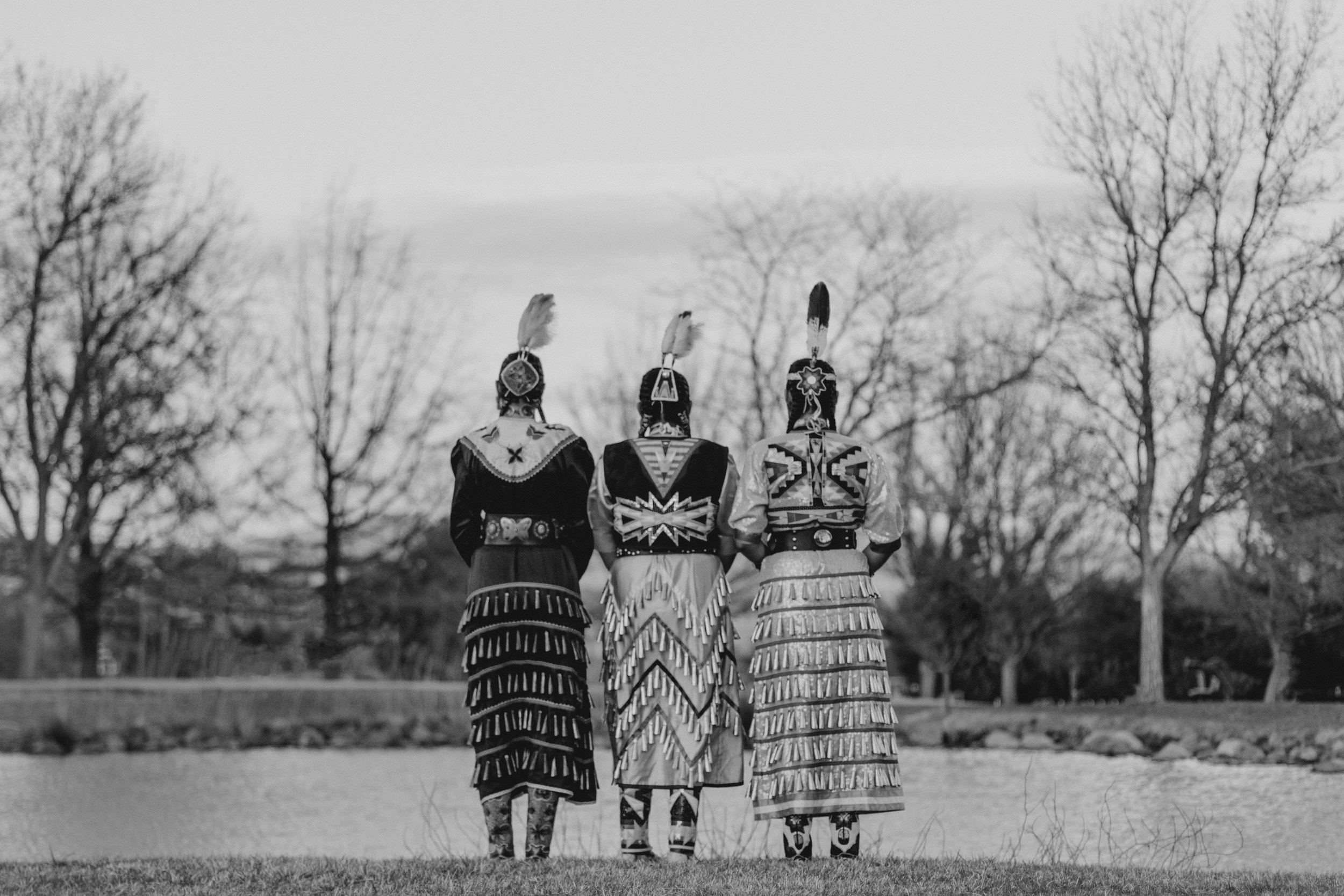
NORTH STAR
IHEI is at the forefront of a transformative movement dedicated to the vital work of decolonizing public health.
Our approach to Health Justice is revolutionary.
We aim to overturn the colonial legacies of systemic racism entrenched within public health and beyond. By actively engaging in the work of social and institutional systems change, we address the foundational issues of settler colonialism as critical determinants of health disparities laid bare by the global pandemic and systemic injustices. By exposing the historic and ongoing impacts of racism and white supremacy within conventional frameworks of health equity discourse, we aim to catalyze healing, transformation, and the cessation of practices that contribute to the marginalization of Indigenous peoples.
Founded in 2020,
amidst the dual crises of the COVID-19 pandemic and a pivotal moment in the fight against racial injustice, IHEI was created to embody the revolution calling for healing and social renewal.
Photo by Jarrette Werk, Aaniiih & Nakoda
Our commitment extends beyond mere representation or inclusion within existing systems. We advocate for a profound reimagining of health justice, one that is deeply embedded in decolonial methodologies and the rich tapestry of Indigenous knowledge systems. Rejecting the destructive narratives and practices of settler colonialism, we embrace alternative pathways that resonate with the resilience and ingenuity of Indigenous peoples, while engaging nurturing networks of care to foster community-led solutions. By aligning our efforts with the principles of sovereignty, justice, and mutual respect, we forge a path towards a healthier, more equitable future for all.
As a vibrant community and a collective movement, IHEI is strengthened by Indigenous communities, allies, academics, and healthcare professionals all united by a shared goal. We prioritize strategies that are informed by Indigenous knowledge, emphasizing the importance of cultural continuity, community engagement, and the reclamation of Indigenous practices as essential to promoting health and wellness. Our work is guided by an unwavering focus on the strengths, needs, and wisdom of Indigenous communities, adopting an approach that is both liberatory and rooted in the timeless knowledge passed down through generations.
-
Decolonizing calls us to dismantle the systemic oppressions and colonial structures that pervade the public health sector. It demands that we critically assess and address the ways in which settler colonialism has shaped health outcomes, policies, and practices. Achieving decolonization requires a deep commitment to centering Indigenous knowledge, prioritizing community-led solutions, and fostering environments where Indigenous values and practices are recognized as foundational to health and well-being.
-
Justice seeks the acknowledgment of past and present injustices and the implementation of measures that rectify these wrongs. It calls for the creation of equitable health systems that recognize and address the unique challenges faced by Indigenous peoples. Justice demands the dismantling of barriers to health equity and the establishment of frameworks that support the sovereignty and self-determination of Indigenous communities.
-
Future-building involves the deliberate cultivation of a public health workforce and research agenda that are rooted in Indigenous knowledge systems and values. It means training researchers and professionals who are not only skilled in their disciplines, but also deeply informed about and committed to decolonial practices. It requires the development of research methodologies that are led by and for Indigenous communities, ensuring that the knowledge produced serves the health and well-being of those communities.

Photo by Jarrette Werk, Aaniiih & Nakoda



